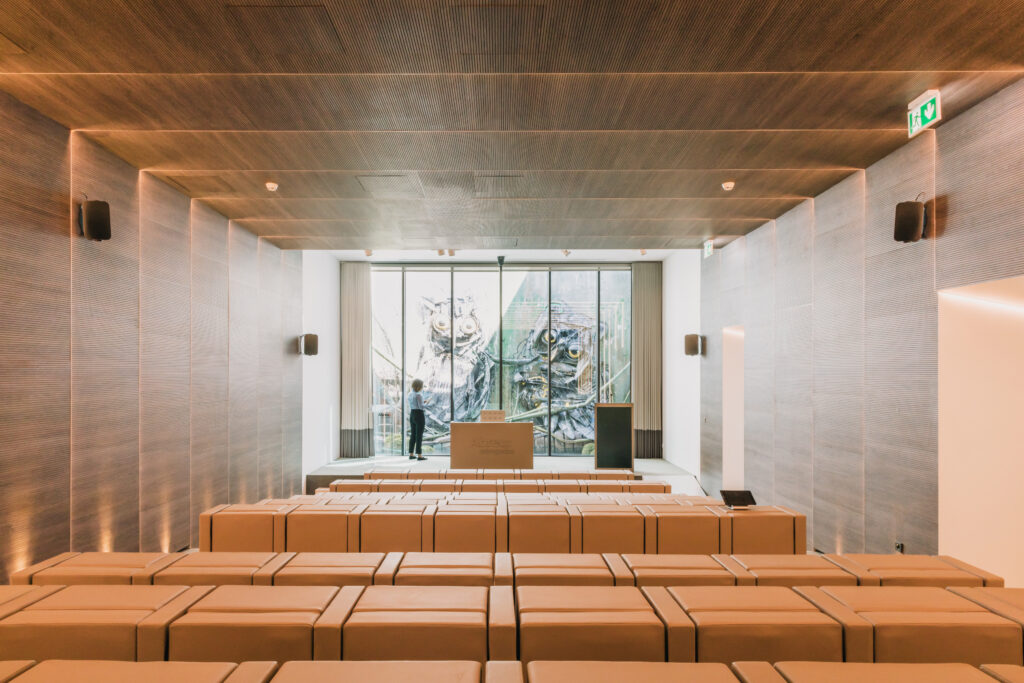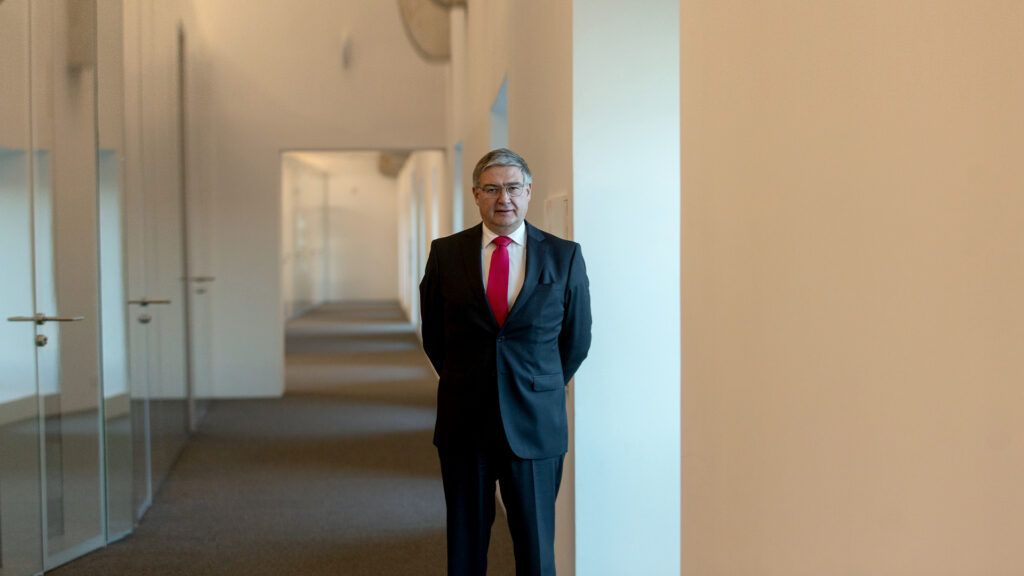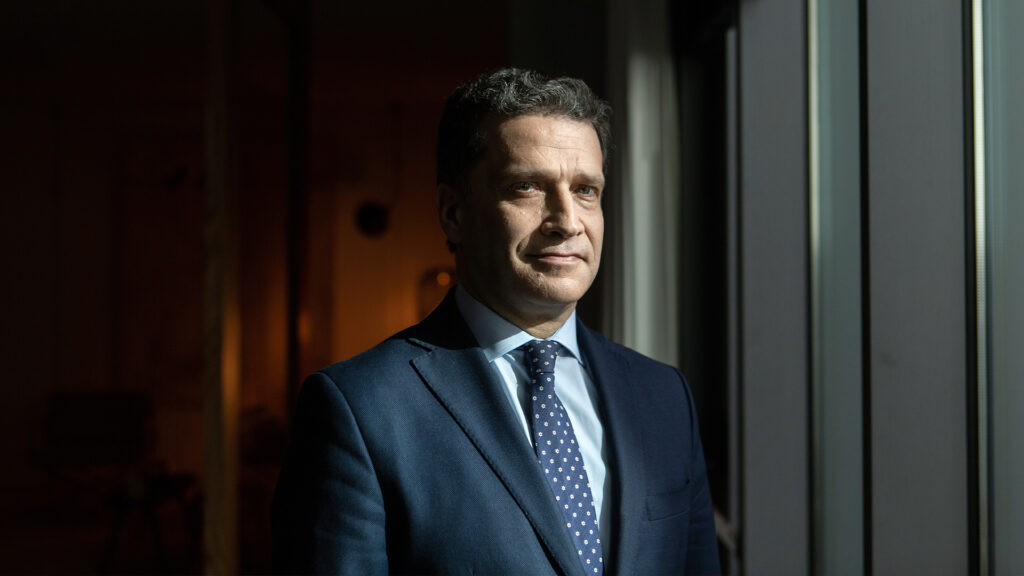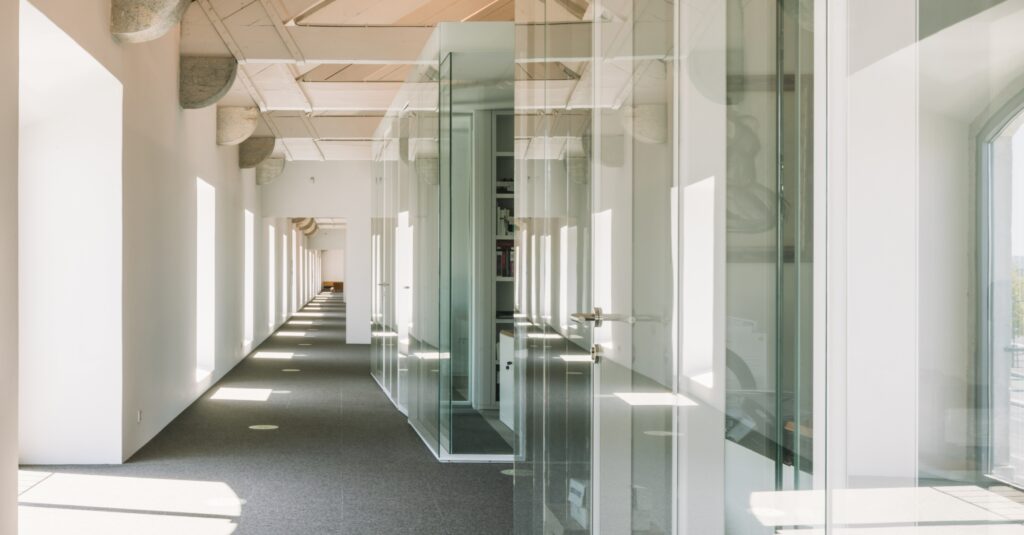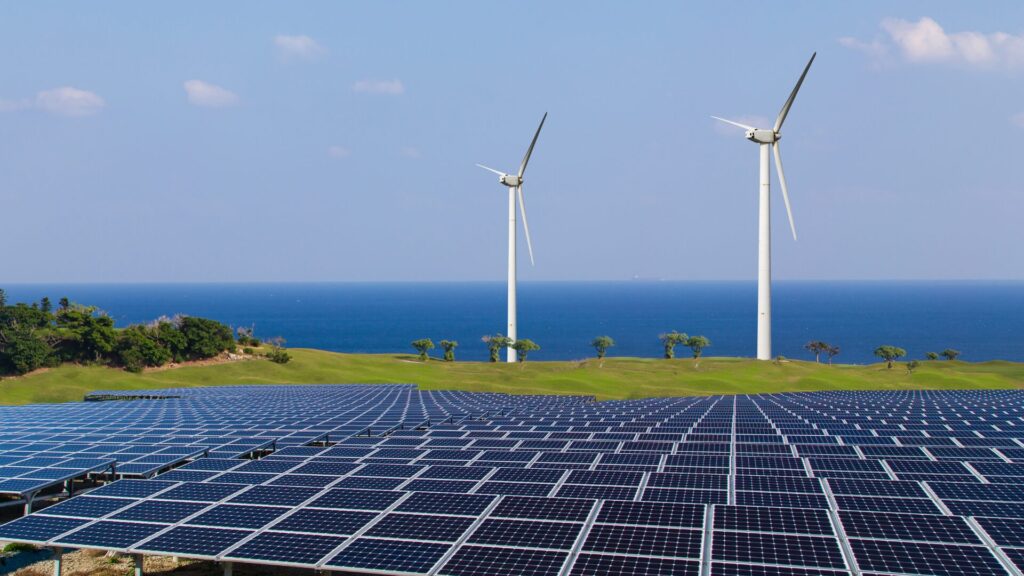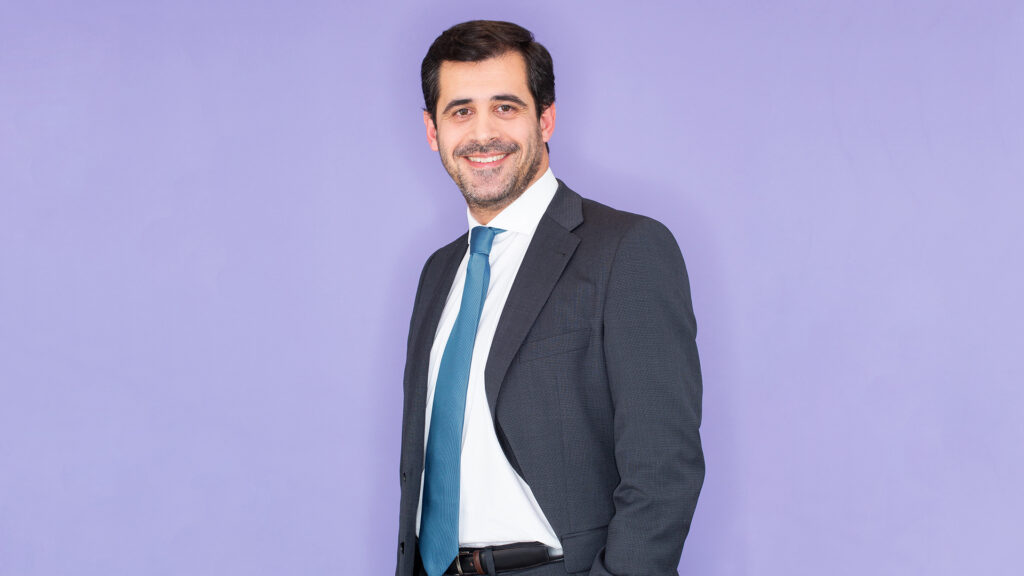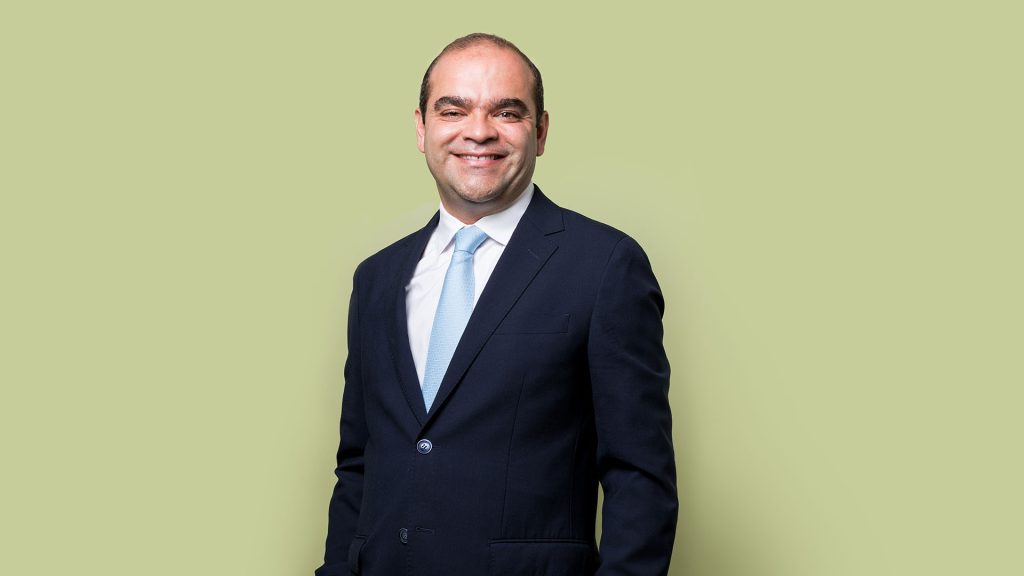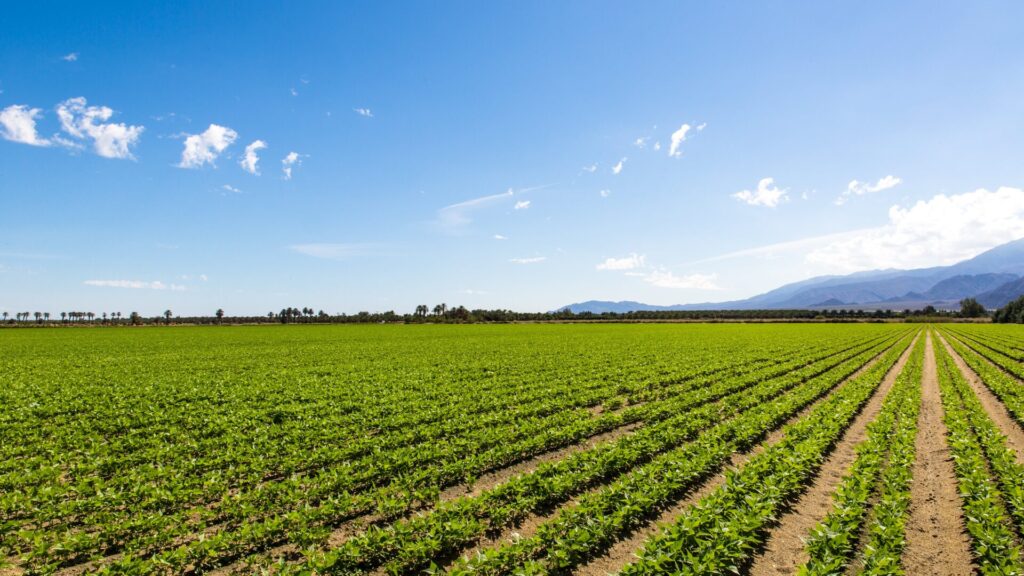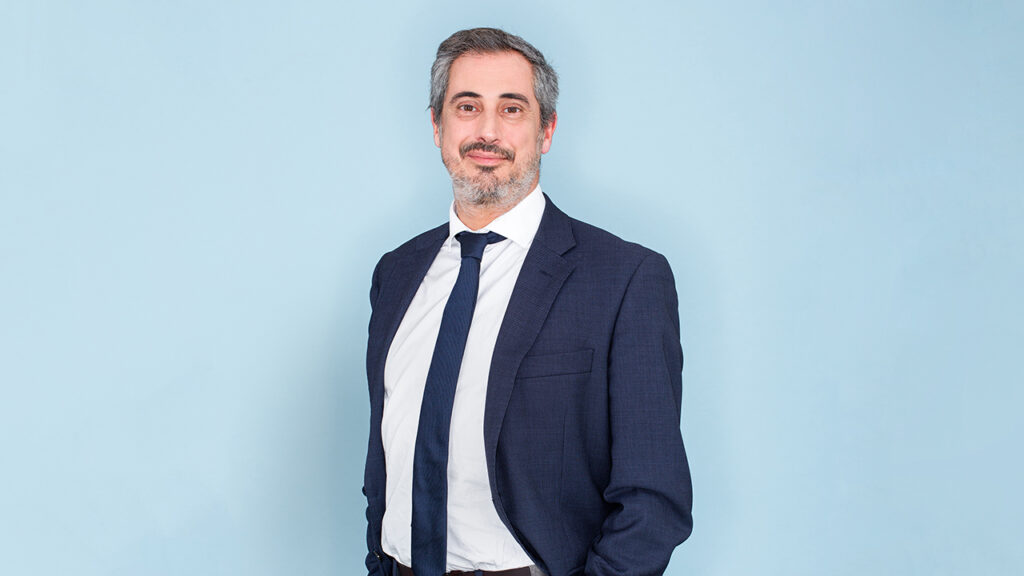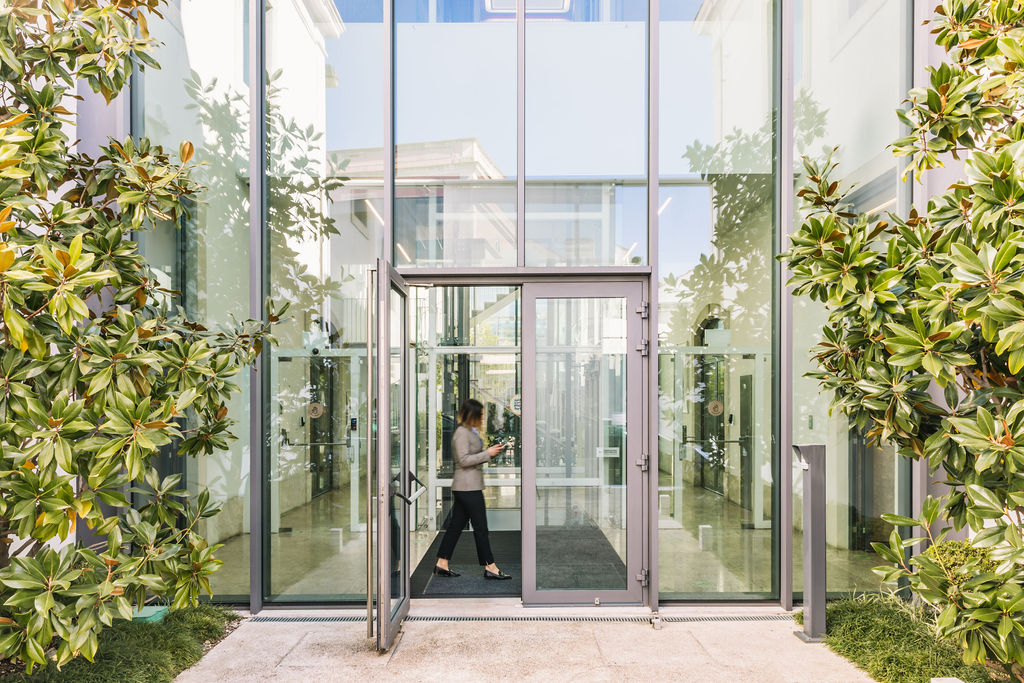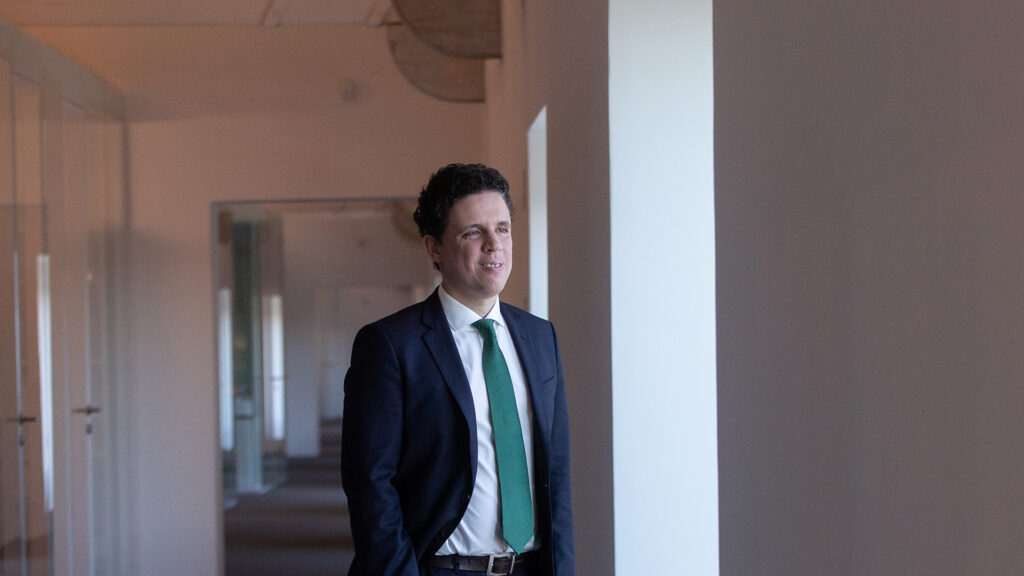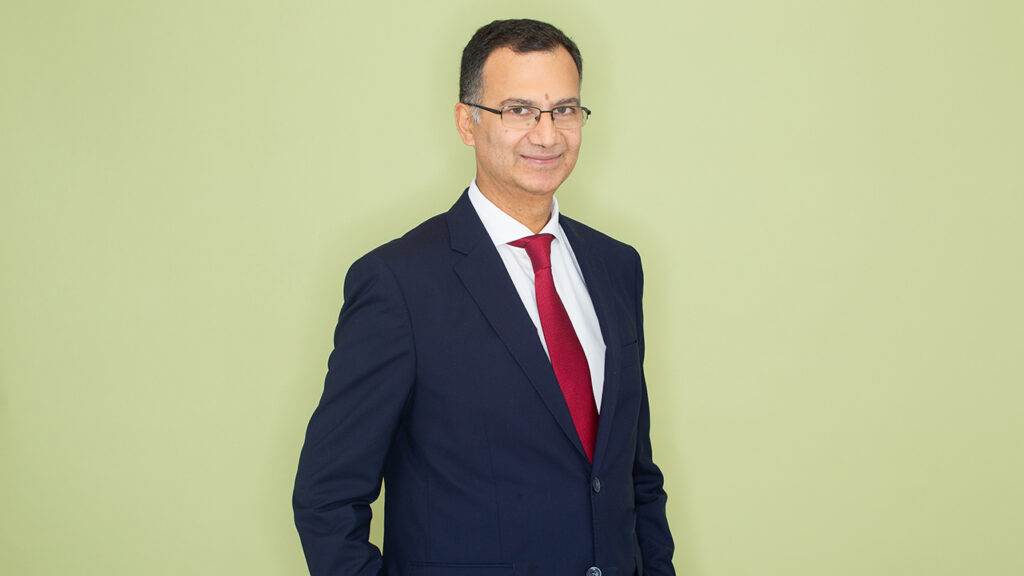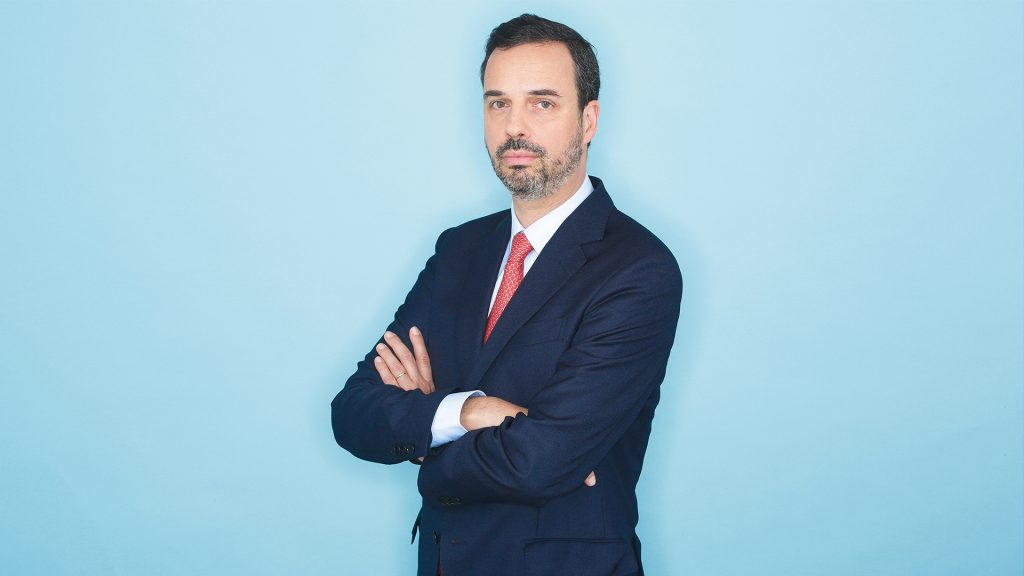
07.01.2021
Services: Golden Visa & RNH
Amendments to the legal regime for residency authorisations for investment
The 2020 State Budget contained a legislative authorisation to review the regime for granting residency authorisation for investment activity – ARI (Golden Visa) – , limiting it. The intention was clear: to restrict real estate investment to intermunicipal communities in the countryside and to the autonomous regions of Madeira and the Azores and to increase the minimum amount for investment and the number of job posts to be created in order to fulfil the legal requisites of the investment in question.
Before the end of the pandemic year (22.12.2020) a law was passed which alters the legal regime for residency authorisation for investment activity – ARI (Golden Visa).
The changes introduced
In agreement with the announcement made on 22.12.2020 following the meeting of the Council of Ministers, the changes to the aforementioned investment regime, introduced by the now approved decree law consist, essentially, in limiting the obtainment of residency authorisation of investment activity based upon the acquisition of property (real estate investment) situated in the metropolitan regions of Lisbon, Porto and, in general, the coast.
The objective is to promote real estate investment carried out by foreigners in regions of low population density, “specifically in urban regeneration, in cultural heritage, in activities of significant environmental or social value, in productive investment and in the creation of employment.”
Impact of the changes introduced and their practical implications
It’s inevitable to think that the changes introduced to real estate investment in the metropolitan regions of Lisbon, Porto and the coast, for the purposes of obtaining residency authorisation may not only damage the real estate markets of these regions, which have been strongly developed by the Golden Visa regime that has been in place since 2012, but also may lead future investors to be disinterested, pushing them away.
Nevertheless, real estate investment won’t stop and may still be used as a basis for requesting residency authorisation for investment activity (Golden Visa) when carried out in regions in the countryside (and of low population density) in the Portuguese mainland or in the autonomous regions of the Azores and Madeira.
And it’s because of this that it’s important to bear in mind that in future the acquisition of property in major urban centres and in general in the coast and in the Algarve, will no longer be of interest for the purposes of obtaining the so-called Golden Visa.
There is, however, an important note to add: these changes don’t come into effect immediately, as will be referred to below.
Date in which changes comes into effect and transition period
The changes approved in December will come into effect only on 1st July 2021. This means that, in our view, up until this date it is possible for investors to base their residency authorisation request for investment activity with the acquisition of real estate situated in the metropolitan regions of Lisbon and Porto, in the entire coast and in the Algarve.
Along with this deferred date in which this comes into force, a transition period was also announced, running until 2022, with the aim of making the implementation of the approved restrictions gradual. It is a phased change.
The intention seems to be to apply the changes gradually, whether via a progressive increase in the amounts needed in order to make an investment, or via a gradual reduction in the areas in which the investments can be made.
A gradual approach is applied with the new rules, taking into account the drastic change in reality that Portugal was going through at the time of approval of the legislative authorisation (pre-pandemic) in relation to what it is going through currently. Even though it hasn’t been announced until now when, how and in which conditions the changes will be made, it’s fair to say the gradual application of the approved measures will also allow for the gradual adaptation of all those involved, particularly investors in the real estate sector.
Want to know more? Subscribe our newsletter here.

